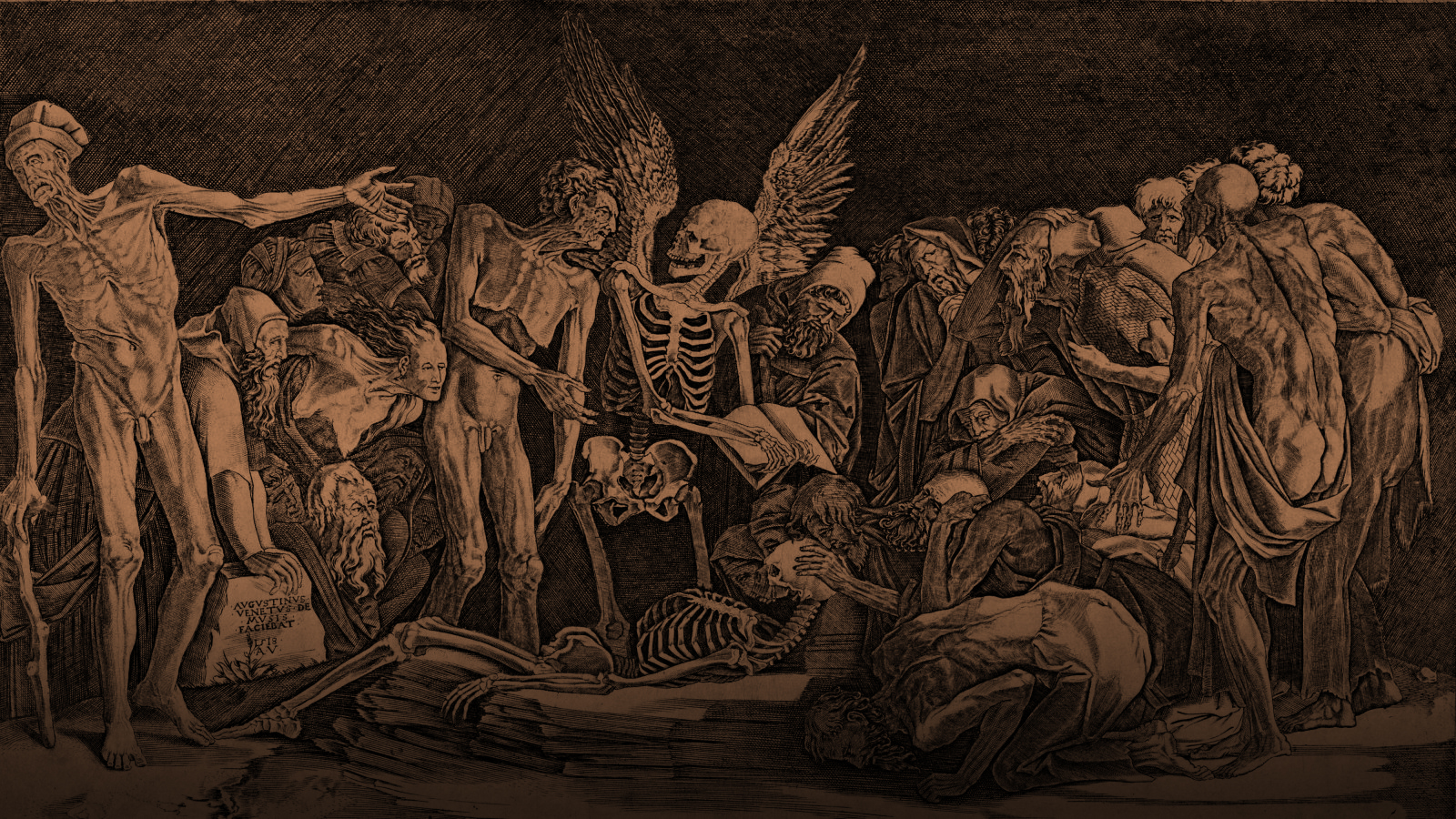The Emperors of House Han have ruled the southern reaches of the continent of Aervera in a glorious unbroken line for over 400 years, using sharpened steel and powerful magics to bring civilization and enlightenment to its many peoples. Among their many conquests is the city-state of Albion, a deep water seaport with access to rich natural resources.
For generations, the Han ruthlessly bled the region of ore, lumber, and even people to fuel its wars in the distant north. The elves of the region, losing their forested homes to the avarice of the Han, prayed for help to Gozreh, god of nature, and Calistria, goddess of revenge, who were so angered by the disregard for the land and its people that they sent tsunamis and earthquakes against Albion, drowning the metropolis and forever changing the geography of the port.
Now, decades later, the former port and surrounding lands are a vast swamp. While the Han reestablished the city beyond the swamp’s edges, the lack of a usable port has made the region a nearly forgotten backwater, and the territory is part of the empire in name only. It is geographically and politically isolated, with only one guarded pass through the mountains to the east, a coast line that is inaccessible to ocean going craft, and the dangerous hobgoblin city-state of Turtsaz making northbound land travel unfeasible. Also, it would be foolish to believe that the actions of the gods would go unbalanced; in response to Gozreh’s and Calistria’s destruction of Albion, the god of tyranny and pride, Asmodeus, cursed the drowned city and the surrounding lands. Undead now rule the city and worse creatures roam the fens. Only the foolish spend time in the Cursed Fens without a compelling reason.
New Albion is the seat of human authority in the area and rules everything south of the River Ohr. Noble families from the old empire own most of the land, but have practical and honorable arrangements with the descendants of the original inhabitants, who are somewhat regarded as equals. The prominent noble families are Han (ruling family of New Albion ), Li (prominent family in the clergy, especially Abadar), Kun, Tang, Sun, Chen, and Wu (the least wealthy and reputable noble family). Hamlets and thorps dot the land, where locals mostly farm, herd, craft or mine, and have surnames that reflect their trades (Wheatman, Silversmith, Miller, etc) or their lineage (i.e. Loganson). Elves tend to live mostly secluded lives in the remaining forests (both north and south of the Ohr), while dwarves operate mining communities where they’re profitable. A flourishing community of halflings live near the Floating Pass who help garrison Fort Pearce and guard travelers going to and from the empire proper. Other races are rare but not unheard of given the once-metropolitan nature of the region and the trickle of trade that still comes through the Floating Pass.
Life in New Albion had been fairly idyllic and simple for most, but a few months ago scouts and prospectors who dared to explore further into the no man’s land north of the Ohr had returned with reports of gold in the mountains and hills. An excitement verging on madness has now swept the region, and the only town on the north bank of the Ohr, Amber, has been flooded with the hopeful, the daring, and the greedy hoping to strike it rich.
Character Class Information
All deities are worshipped in New Albion. Abadar is honored in larger settlements and his priests often help run the government and the courts. Calistria and Gozreh are worshipped by the elves, and the dwarves often pray to Torag as well as Abadar. Shrines to most deities can be found in New Albion, and any sizable settlement can expect to have a local priest or two trying to gather a following and care for the community. Similarly, magic is neither shunned nor uncommon. Most communities have some sort of arcane practitioner, New Albion has a Grand Library and University that attracts and trains great minds, and even patrols sometimes have arcane support when a willing wizard can be found.
Rogues find many niches to fill, whether as scouts, jack-of-all-trades, or as part of the criminal world that is present in any large city. And of course, fighters are always in demand in the watch, the regional patrols, or as mercenaries. Bards ply their trade in taverns and wealthy homes. Druids are more easily found the farther from New Albion you go, and while there is no formal monastery, there are those who dedicate themselves to martial studies, turning their very bodies into effective weapons.
